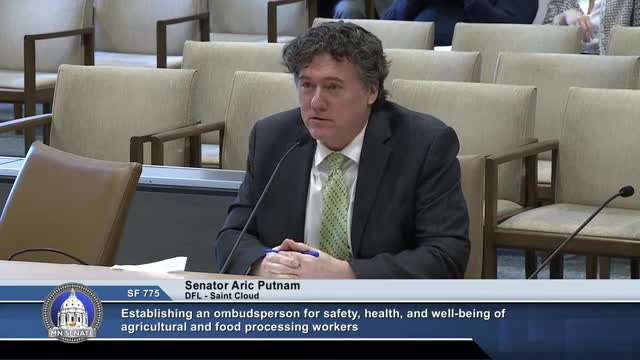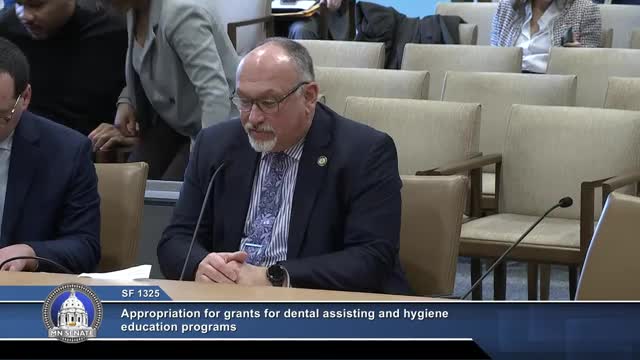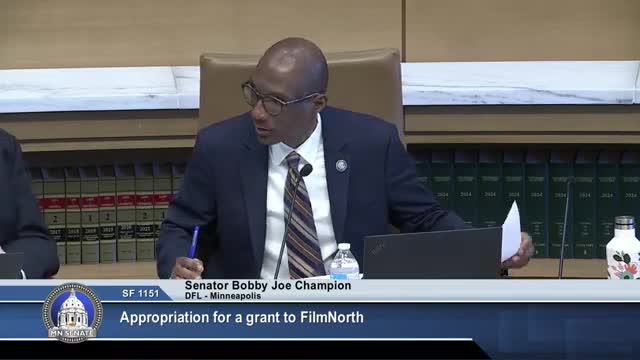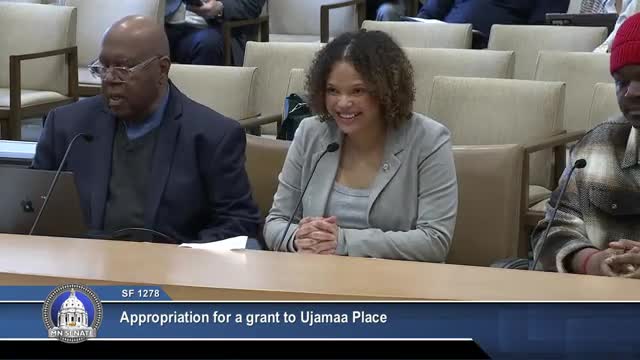Article not found
This article is no longer available. But don't worry—we've gathered other articles that discuss the same topic.

Committee adopts amendment and refers bill to Agriculture to create ag worker ombudsperson at DEED

Sen. Kupek seeks $15M to expand dental assisting and hygiene program capacity

Film North seeks $400,000 to design statewide film workforce training program

